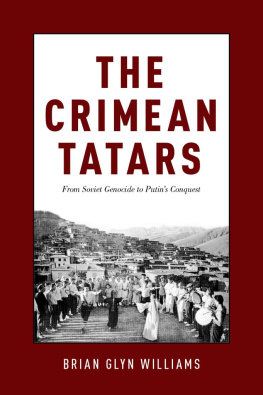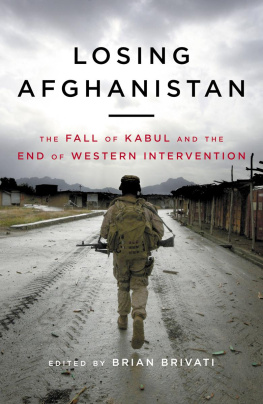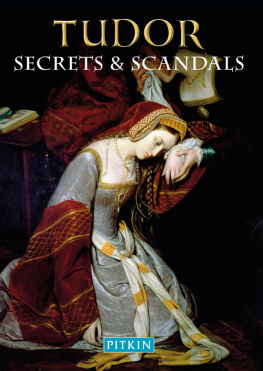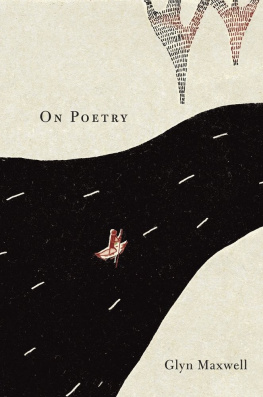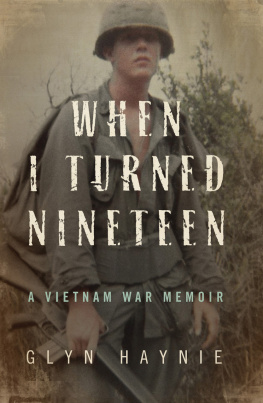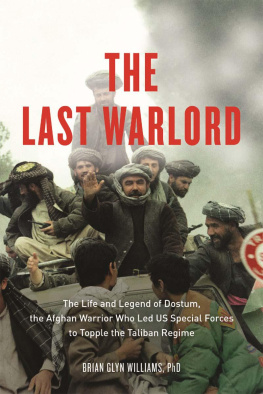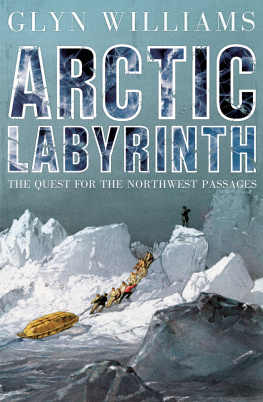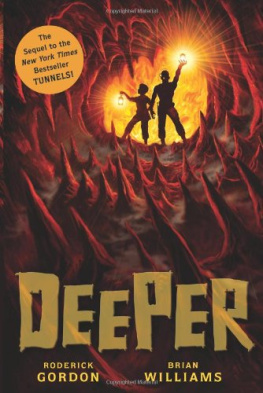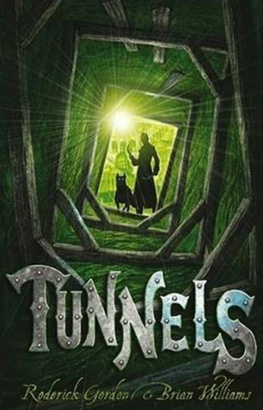Brian Glyn Williams - Afghanistan Declassified
Here you can read online Brian Glyn Williams - Afghanistan Declassified full text of the book (entire story) in english for free. Download pdf and epub, get meaning, cover and reviews about this ebook. year: 2012, publisher: University of Pennsylvania Press, Inc., genre: Romance novel. Description of the work, (preface) as well as reviews are available. Best literature library LitArk.com created for fans of good reading and offers a wide selection of genres:
Romance novel
Science fiction
Adventure
Detective
Science
History
Home and family
Prose
Art
Politics
Computer
Non-fiction
Religion
Business
Children
Humor
Choose a favorite category and find really read worthwhile books. Enjoy immersion in the world of imagination, feel the emotions of the characters or learn something new for yourself, make an fascinating discovery.

- Book:Afghanistan Declassified
- Author:
- Publisher:University of Pennsylvania Press, Inc.
- Genre:
- Year:2012
- Rating:4 / 5
- Favourites:Add to favourites
- Your mark:
- 80
- 1
- 2
- 3
- 4
- 5
Afghanistan Declassified: summary, description and annotation
We offer to read an annotation, description, summary or preface (depends on what the author of the book "Afghanistan Declassified" wrote himself). If you haven't found the necessary information about the book — write in the comments, we will try to find it.
Afghanistan Declassified — read online for free the complete book (whole text) full work
Below is the text of the book, divided by pages. System saving the place of the last page read, allows you to conveniently read the book "Afghanistan Declassified" online for free, without having to search again every time where you left off. Put a bookmark, and you can go to the page where you finished reading at any time.
Font size:
Interval:
Bookmark:
Afghanistan Declassified
Brian Glyn Williams

Copyright 2012 University of Pennsylvania Press
All rights reserved. Except for brief quotations used for purposes of review or scholarly citation, none of this book may be reproduced in any form by any means without written permission from the publisher.
Published by
University of Pennsylvania Press
Philadelphia, Pennsylvania 19104-4112
Printed in the United States of America on acid-free paper
10 9 8 7 6 5 4 3 2 1
Library of Congress Cataloging-in-Publication Data
Williams, Brian Glyn.
Afghanistan declassified : a guide to Americas longest war / Brian Glyn Williams. 1st ed.
p. cm.
Includes index.
ISBN 978-0-8122-4403-8 (hardcover : alk. paper)
1. Afghan war, 2001Personal narratives, American. 2. Williams, Brian GlynTravelAfghanistan. 3. AfghanistanDescription and travel.
I. Title.
DS371.413.W55 2012
958.104'7dc23
2011025251
Photographs on from the authors private collection.
For my parents, Gareth and Donna Williams
Throughout the 2000s, I traveled across Afghanistan, living with warlords, interviewing Taliban who had been taken prisoner, meeting gray-bearded elders, talking to women newly liberated from Taliban strictures, and working with U.S. and Coalition troops serving in the country. My adventures ranged from the mundaneeating rice pilaf and flat naan bread in the Hindu Kush Mountains with Hazara-Mongol villagersto the excitingtracking suicide bombers for the CIAs Counterterrorist Center. These experiences, combined with years in graduate school earning a PhD in Central Asian history, have given me insight into a country that has seemed to many to belong as much to the Middle Ages as to the twenty-first century.
For me there is no country on earth as primeval, exciting, and beautiful as Afghanistan. Although many people who have not been there define it in abstract terms as a grim land of opium barons, warlords, Taliban fanatics, and oppressed women, I know Afghanistan as a land of castles, incredibly hospitable villagers, stunning landscapes, and epic tales of empires and conquest. I have long wanted to share the story of this Afghanistan with Westerners.
In 2008 I had the opportunity to do so as an advisor to the U.S. militarys Joint Information Operations Warfare Command (JIOWC). There I met a group of thinking mans soldiers who were focused on saving Coalition lives in Afghanistan by understanding the countrys history, society, politics, and terrain. They were desperately trying to provide the missing background context to ongoing military activities in the Afghan theater of operations, and I admired their desire for knowledge.
With the Taliban sweeping out of their sanctuaries in Pakistans tribal zones and conquering much of Afghanistans southeast by 2007, a palpable sense of urgency fueled their mission. Coalition troops were dying in larger numbers in Afghanistan than Iraq. Afghanistan, the Forgotten War, was, according to some pundits, in danger of being lost, and everyone understood that this might have catastrophic results for both the Afghans and the American-led NATO alliance. As the Taliban carved out an autonomous territory in the tribal hill provinces of neighboring Pakistan, Osama bin Laden and Al Qaeda plotted further attacks on the West from their sanctuary on the Pakistani-Afghan border. Losing Afghanistan to the Taliban and Al Qaeda alliance might mean destabilizing nuclear Pakistan and granting victory to the terrorist network that had killed three thousand people on 9/11. It would also be a setback in human terms for the millions of Afghans, especially the women and non-Pashtun-Taliban ethnic groups, who suffered under the Talibans misrule.
As the above events unfolded, the U.S. military and millions of Americans and their Western allies began to remember Afghanistan, the original theater of operations for the war on terror. Since then tens of thousands of American troops have begun a surge to Afghanistan to try to save the situation. NATO membersincluding Britain, Canada, and Australia at various times over the last ten yearshave also dispatched troops to help wage war against the emboldened Taliban in the mountains and deserts of Afghanistan. In December 2009 President Barack Obama, after much agonizing, announced the surge of thirty thousand troops to a war he labeled a conflict of necessity.
By the summer of 2010, Afghanistan had become the longest war in American history. U.S. Central Command appeared to be dedicated to sticking out the war for many years to come, regardless of the mounting cost in men and materiel. The Obama administration has committed to keeping troops (currently numbered at roughly one hundred thousand) in Afghanistan until at least 2014 and perhaps longer in a training and support role. The long anticipated death of Osama bin Laden in May 2011 did not mean an end to the U.S. and NATO mission designed to prevent Al Qaeda from creating a terrorist base in the Pakistani-Afghan tribal lands.
It was in this context that I was originally asked to write a field manual for the JIOWC that might provide the U.S. military with an introduction to the history, culture, tribes, and the ongoing war in Afghanistan. As one of my JIOWC colleagues put it, If someone was fighting a war in the U.S. theyd need to know the difference between Maine and the Mississippi River, between Abraham Lincoln and Mohammad Ali, and between Catholics, Protestants, Hispanics, Blacks, Asians, Indians, and Whites. We need the same thing for Afghanistan if were going to win this war.
I took these words to heart in writing this book and felt this was something from which civilians could also benefit. This book is a declassified civilian version of the manual I wrote for the JIOWC. It aims to bring Afghanistans diversity to life for the average reader who might have a family member serving in that theater of operations, or for those who simply have an interest in knowing more about a land where American troops are fighting and dying. It is a book aimed at helping the reader understand the country as it is, and not as the much-romanticized place that appears in movies and books, from Rambo III to The Kite Runner.
On one level the book provides the crucial geographic, political, historic, and cultural context to the ongoing war in Afghanistan and summarizes major developments in that conflict in nonacademic terms. On another level it is also an effort to bring the real beauty of this country to life for Westerners who might see this land only through the lens of the war on terror. In this respect I hope it both paints the Afghans and their culture in a three-dimensional light and helps readers understand what is happening in a war that for far too long was defined not as the original epicenter of the war on terror but as the Forgotten War.
It is a well-proven maxim of war that those who have a deep understanding of their theater of operations have a tactical advantage over their enemies. This rule was proven at our cost on 9/11 when nineteen Arab hijackers infiltrated the U.S. mainland and used their knowledge of our society against us. The terrorists intimate familiarity with U.S. geography, English language, security measures, idioms, and culture gave them an advantage that they exploited to kill almost three thousand innocents on 9/11. Such knowledge was not gained overnightit was the result of patient background studies, painstaking research, and cultural immersion.
Next pageFont size:
Interval:
Bookmark:
Similar books «Afghanistan Declassified»
Look at similar books to Afghanistan Declassified. We have selected literature similar in name and meaning in the hope of providing readers with more options to find new, interesting, not yet read works.
Discussion, reviews of the book Afghanistan Declassified and just readers' own opinions. Leave your comments, write what you think about the work, its meaning or the main characters. Specify what exactly you liked and what you didn't like, and why you think so.

